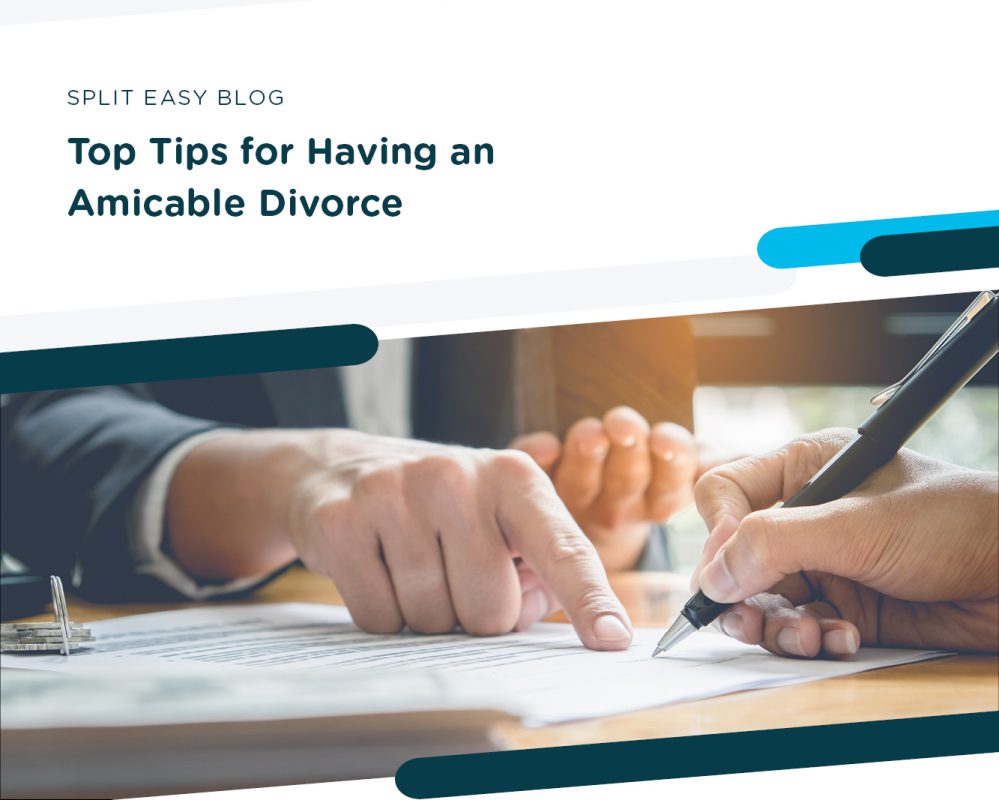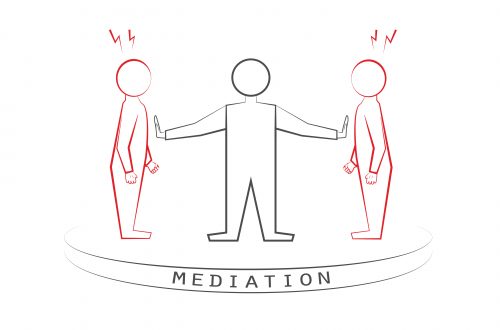
What is an Amicable Divorce?
In a divorce it is usually understood to mean “amicable” divorce. However, the term is broad enough to include any level of disagreement that has resulted in a significant deterioration in the relationship between the spouses. For example, a one-sided divorce could be described as amicable if both spouses agreed to all property settlement and visitation, with a level of spousal support existing.

The term amicable divorce is sometimes used to describe a self-sufficient divorce in which one spouse retains all or a part of the communal property after the other spouse has suffered an injury. In such cases the court will attempt to provide for the needs of each spouse through fair distribution of the property. The concept of amicable divorce applies equally to property settlements between married couples. It can also apply to the division of assets acquired during the marriage. In the case of a union that is recognized as null and void, a court will attempt to award joint title to the separate property normally held by each spouse.
If two parties to a divorce are amicable, the litigation will be more manageable and potentially less costly. The courts have longer experience in dealing with negotiations and, therefore, they may be more inclined to reach reasonable agreements. This would allow both spouses to move on with their lives. Even if one spouse seeks a trial, the other can always file for an amicable divorce. Because of the ease with which an amicable divorce can be settled, lawyers who are experienced in this type of litigation prefer to practice before a judge rather than before a jury.
An amicable divorce does require the cooperation of both spouses to achieve it. During the course of the litigation, an attorney may form an interim committee to represent only one spouse. If this party later elects to retain an attorney, that attorney can become the party’s spouse. The interim committee approach makes the process less cumbersome for all concerned. The cost of retaining an attorney is usually borne by the party who wishes to retain an attorney. If the parties later decide to proceed without an attorney, the litigation proceeds as if an amicable divorce had been approved by the courts.
Both spouses to a divorce must file separation agreements. Once the paperwork has been filed in the appropriate court, it is time to get serious about amicable divorce. An amicable negotiation can result in marital property being divided equally and spousal support being paid. These are important issues that cannot be ignored during a divorce.
An amicable divorce does not require each spouse to hire a lawyer. Often times, a settlement can be achieved without a legal battle. For example, if the parties share parenting time, or if the parties live in a state that does not recognize spousal equal parenting rights, or if there are substantial differences between what the spouses believe is their marital property, the litigation can be reduced to a simple divorce. Once the divorce is final, the spouses must agree on child custody, child visitation, child support, and other relevant issues. The parties are free to make these decisions within a reasonable amount of time after the divorce is finalized. If the parties cannot agree, the court will require mediation or arbitration.
The goal of amicable divorce mediation or arbitration is to achieve a satisfactory resolution of the differences between the divorcing spouses. Once the two sides have identified their differences, they will work with an outside professional to draw up an agreement or divorce agreement. A mediator will try to keep emotions from interfering with the process. Many couples who go through a marriage separation have their personal financial information placed in the hands of a lawyer who will use this information in court. In some cases, an amicable divorce mediation or arbitration may include both parties providing their own financial management plan for each other.
Some states allow judges to allow an amicable divorce when one party is unable to present a financial plan to the other party. The majority of courts prefer to enforce a divorce settlement that involves both parties submitting their individual financial management plans. These plans often include information about each spouse’s spending and incomes. The courts attempt to strike an equitable balance between the wishes of each spouse and the needs of the community. Many lawyers choose to focus their practice in areas where there are many divorcees, such as divorce settlements, probate, real estate and bankruptcy.





